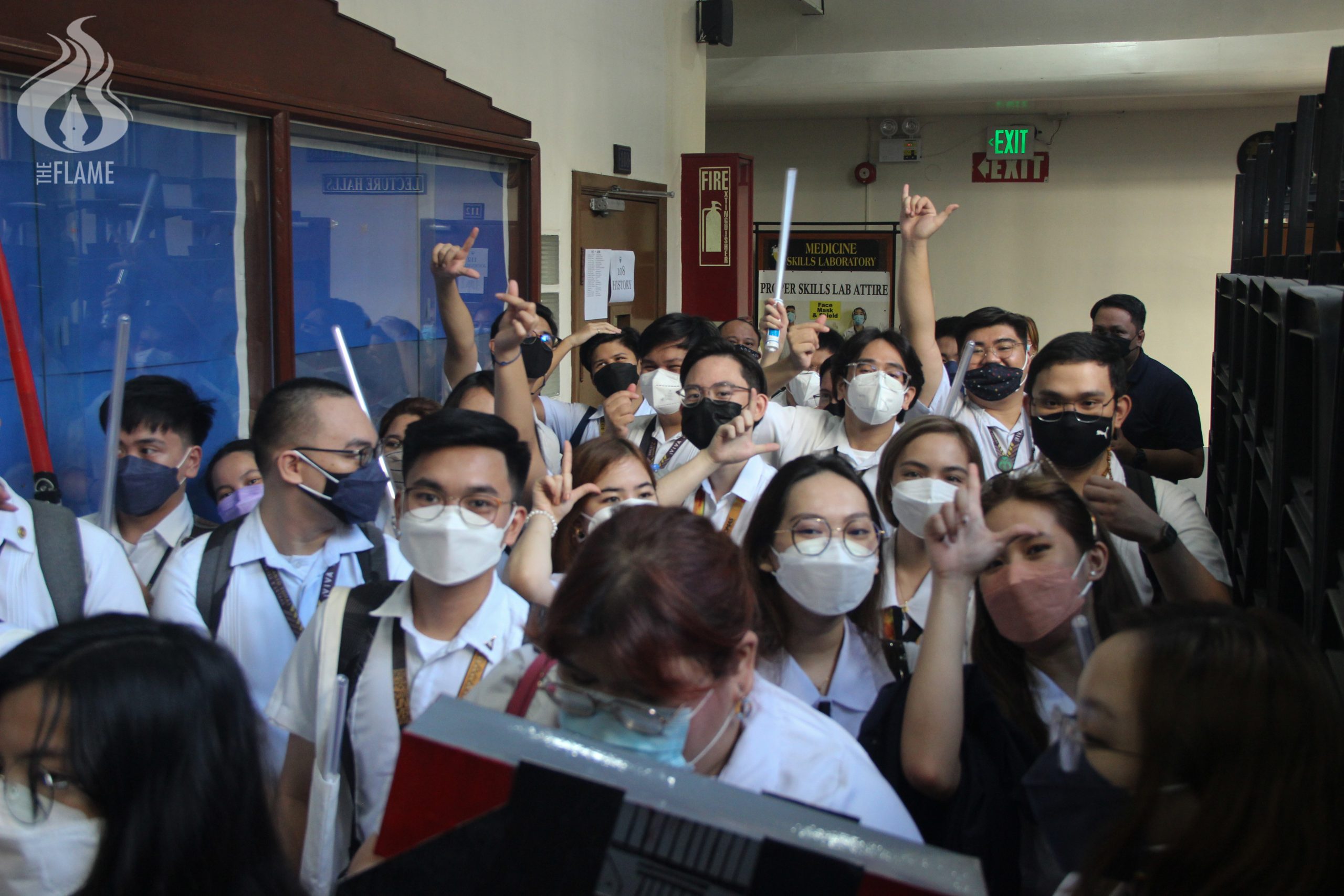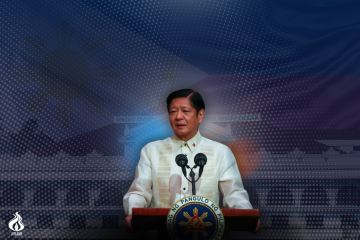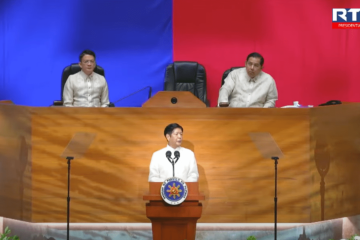By ANNE AVENGOZA and PRINCE ERNEST SABADO

THE BEHAVIORAL Science (BES) and Creative Writing (CW) programs see the need to conduct limited in-person classes this academic year due to “extensive” library work and course outcomes that are best attained through face-to-face instruction.
CW program coordinator Asst. Prof. Joselito Delos Reyes said in-person classes would enrich the students’ learning experience through physical engagement.
“It is not just the engagement between students and professors that is important when studying on campus. There are also consultations for projects, library works, even extra-curricular activities. The relationship between classmates is also important. There are some academic challenges that sometimes can be solved with other classmates,” delos Reyes told The Flame.
BES coordinator Asst. Prof. John Kliatchko said some experiments and test materials are unavailable and cannot be conducted online.
“For instance, in BES3144 (Experimental Psychology), experiments related to psychophysics are best conducted onsite, since the online setup makes it impossible to do experiments on certain sensory modalities. For BES3149 (Psychometrics 1), actual test administration would require physical presence, especially since proprietary test materials are not available online,” Kliatchko said.
Both programs have applied for the conduct of onsite classes and are awaiting approval from the University.
Priority courses
BES intends to conduct onsite sessions for six courses namely only Experimental Psychology for sophomores; Psychometrics 1, Group Dynamics, and Research Methods for juniors; and Business and Organizational Communication and Thesis 2 for seniors.
“In the courses where LF2F (limited face-to-face) classes will be held, there will be around 27 to 34 students (80% of class size) that are expected to attend onsite between Weeks 10 to 18 (post-prelims period),” Kliatchko said.
Delos Reyes said the CW program would prioritize Thesis Writing for its senior students because of the need to conduct library works and in-person consultations.
“They need the resources since we put a premium on tradition. Tradition is a big component for what the student’s genre and content will be for their thesis. It entails extensive library work,” Delos Reyes said.
Best practices
While BES and CW have decided to conduct face-to-face classes, the Asian Studies program opted to observe first other majors who will hold onsite sessions.
“Programs which will roll out this first (semester) will lead the way. We will observe them and incorporate their best practices,” Asian Studies program coordinator Asst. Prof. Jan Michael Denila told The Flame.
Denila said the program is eyeing the resumption of in-person classes in the second term of the academic year because of the need for a “careful rollout.”
“While the program can continue with the UST EVMI (enriched virtual mode of instruction), a careful rollout of the LF2F will prepare us for greater face-to-face opportunities,” the program coordinator said.
“The Asian Studies program will be on a sound footing as it stands on the shoulders who came before it. It will also get to enjoy the facility upgrades that are added in light on the [first]-term experiences by those in the media studies department,” he added.
Denila was referring to the Journalism and Communication Arts, whose applications for onsite classes have been approved by the University.
Denila said in-person classes would also “create an enriched environment capable of expanding the content of courses, especially in activities that require practice, immediacy, and interaction.”
The Asian Studies program intends to prioritize research courses for its application to conduct onsite learning. The program, Denila said, would identify more courses to be included in its proposal, specifically those that are to be taken by third and fourth-year students.
The Asian Studies program is under the Department of Interdisciplinary Studies, along with BES and Legal Management. Out of the three programs under the department, only BES has sought approval to conduct face-to-face classes in the first term.
The Legal Management program earlier announced that it would continue to adopt the enriched virtual mode of instruction in the coming term. F



